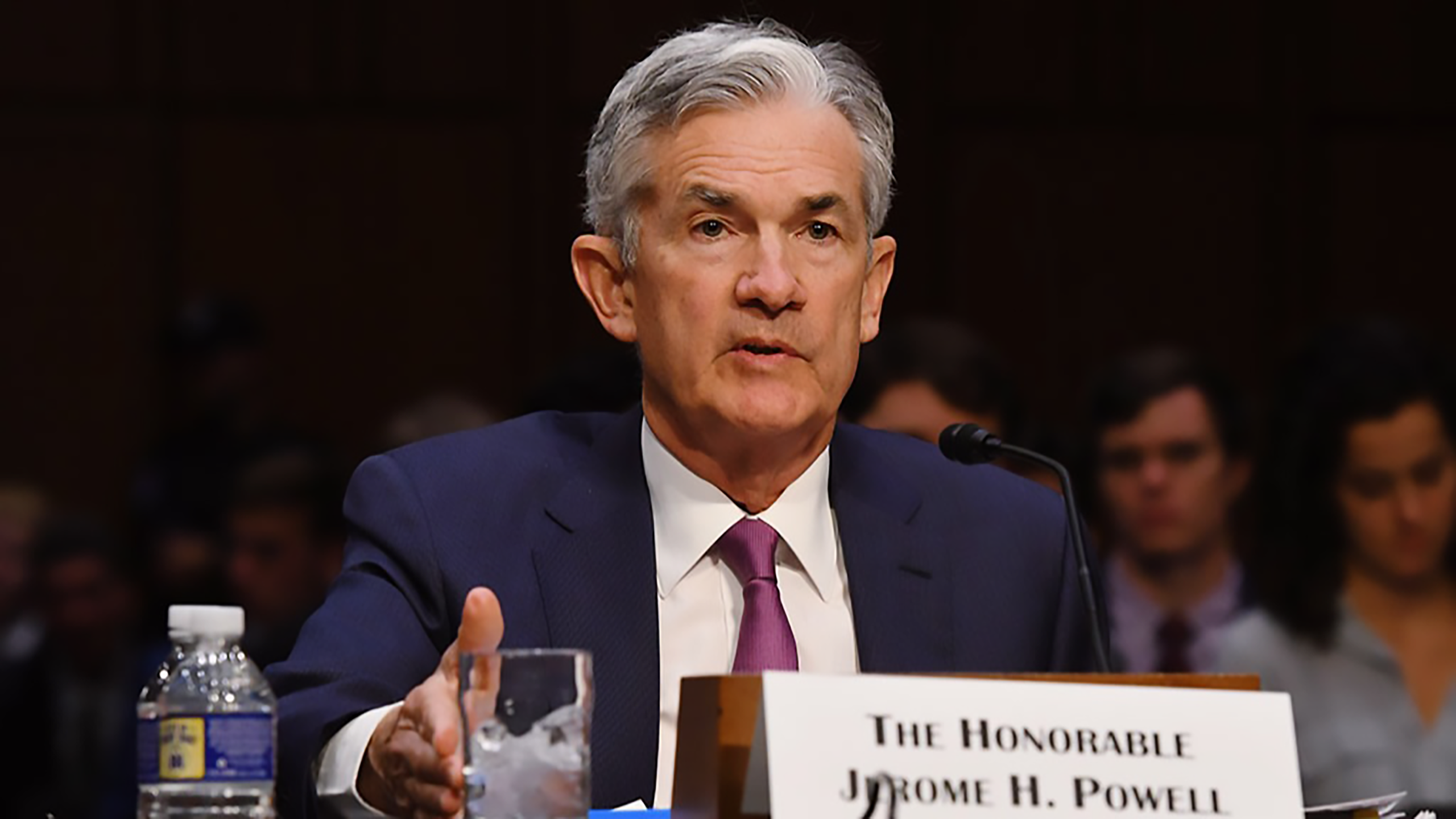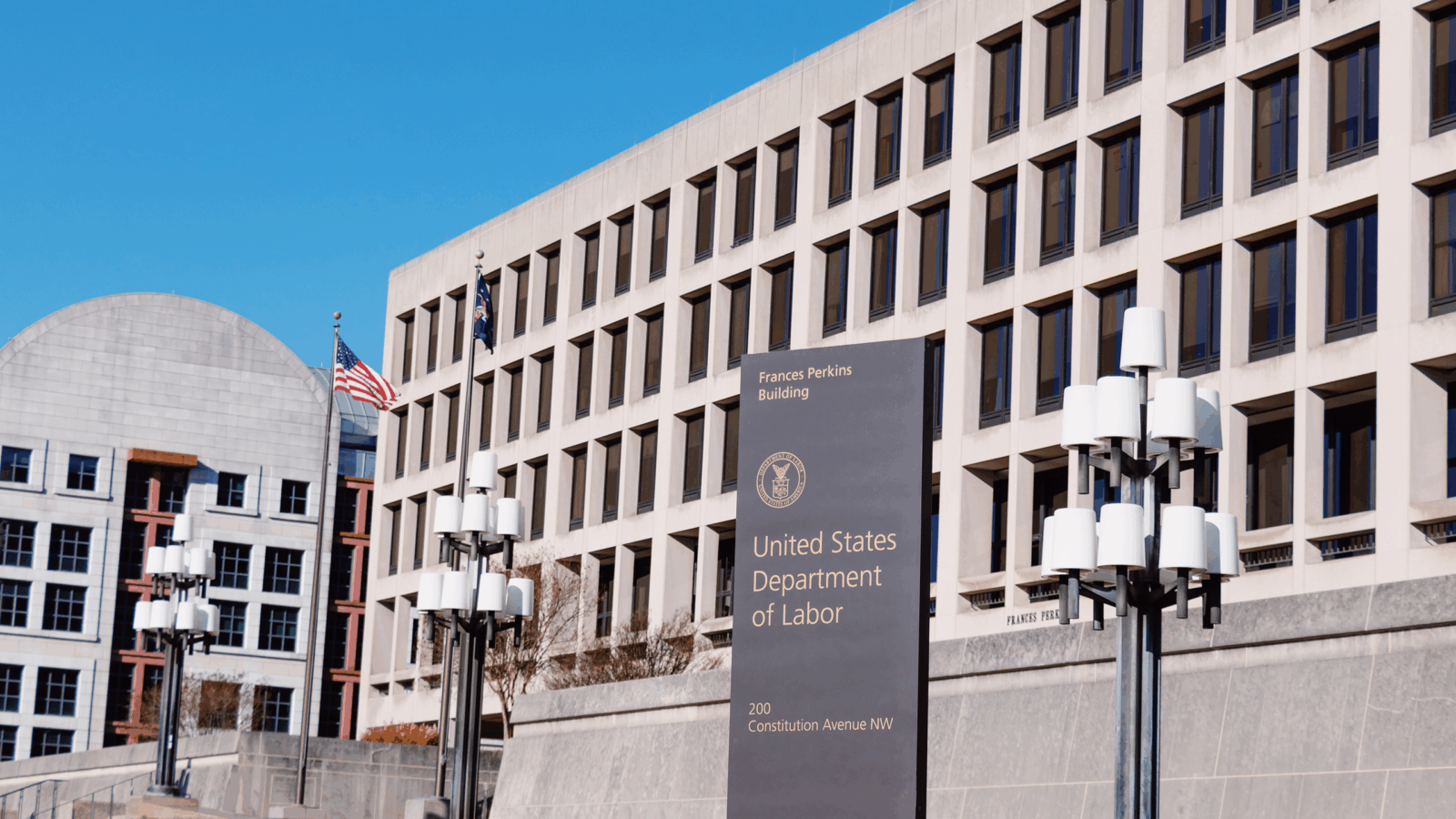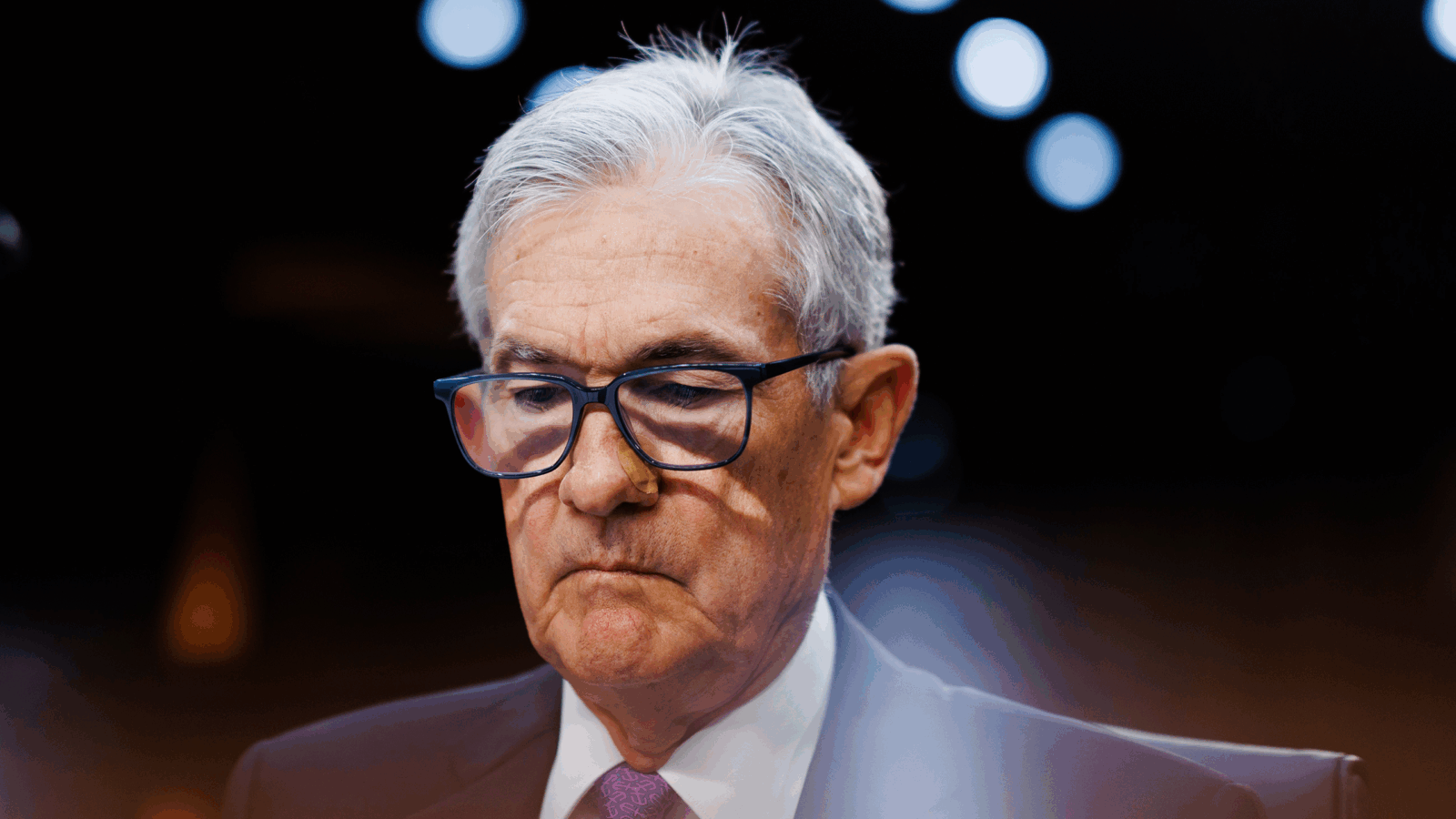The Biggest Risk to a Soft Landing Might Just Be Jerome Powell
Nearly 40% of 32 economists cited a “monetary policy mistake” as the “greatest downside risk to the U.S. economy over the next 12 months.”
Sign up for smart news, insights, and analysis on the biggest financial stories of the day.
After spending the past two years fighting inflation, Jerome Powell and the Fed finally cut interest rates in September and declared a soft landing was in their sights. But will the pilots suddenly pull in the landing gear?
That was the main fear in a survey conducted by the National Association for Business Economics, which asked economists to name the biggest risk to the US economy in the next year. Nearly 40% of the 32 economists surveyed cited a “monetary policy mistake” as the “greatest downside risk to the US economy over the next 12 months.”
Risky Business
In a speech in Nashville on Monday, Powell tried to push back against that, stressing that the central bank remains on its toes — and that monetary policy and rate cuts over the next year are “not on any preset course.” That seems to hold true even in the near-term. Though remarks and projections by Fed officials following last month’s meeting indicated a quarter-point rate cut in each of the central bank’s November and December meetings, Powell emphasized that future data will inform any decision made. Investors are pricing in a cut of 75 basis points by the end of this year, meaning they expect another supersized half-point cut in either November or December.
Powell did offer one clue, saying the Fed is aiming to move monetary policy to “a more neutral stance” — one that neither stimulates nor restricts the economy. Even if the Fed executes perfectly, economists (being economists) say there are plenty of other things to worry about:
- 23% of economists said the outcome of the upcoming 2024 presidential election was the “biggest downside risk” to the US economy. An equal amount cited the escalation of conflict in the Middle East — which seems more likely with each passing day — as the biggest risk.
- The group is slightly pessimistic overall: 55% said the US economy is more likely to perform worse than expected next year, though 66% still said they don’t expect a recession until at least 2026.
Up, Up, and Away: While economists can debate all they want, equities traders are still feeling their oats, with stocks rallying right before the bell following Powell’s remarks. That caps off a more than $2.5 trillion rally in the third quarter for the S&P 500, marking its fourth consecutive quarter of gains — the longest streak since 2021. Whether Powell is a hawk or a dove is a bit in the eye of the beholder, but the market remains a bull.












